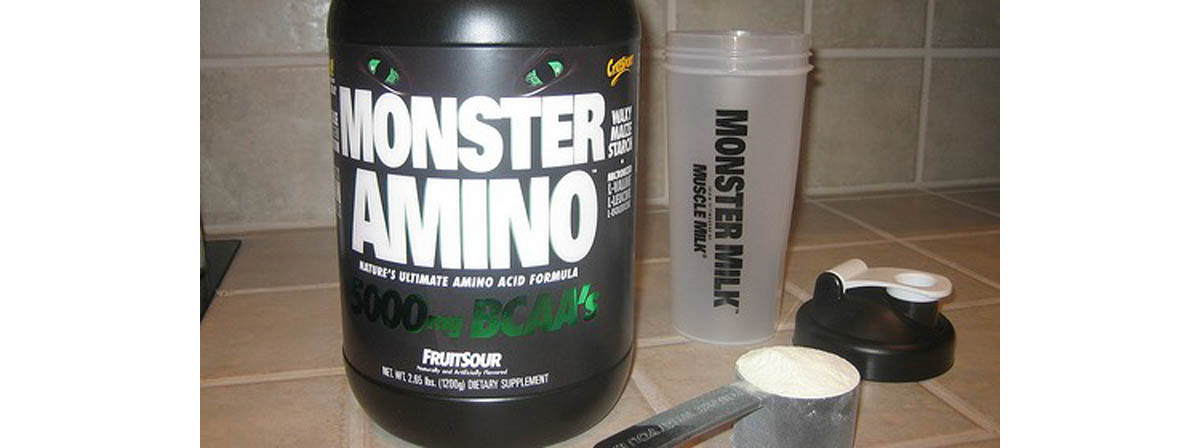Table of Contents
Have a look at your schedule first, and decide what days and times you’re going to train.
One of the huge benefits of an intermittent fasting diet plan is that it allows you to be flexible. That means that you can reap the benefits of fasting without organizing your life around it, and you don’t have to constantly be worrying about where your next meal is coming from, so make the diet fit your lifestyle, not the other way round.

We’ll set this up in three ways – a plan for those who train in the mornings, a plan for lunchtime trainers and one for people who like evening workouts.
Morning
- Wake and take BCAAs (More on this later)
- Post-Workout – BCAAs/ protein shake
- Mid Morning – BCAAs
- Lunchtime – Biggest meal of the day, containing 50% of your daily calorie allowance and 50% of your daily carb allowance.
- Afternoon – Meal with 25% daily calories.
- Evening – Meal with 25% daily calories
Lunchtime
- Mid Morning - BCAAs
- Late Morning – Meal with 15% daily calories/carbs
- Post-Workout - Biggest meal of the day, containing 50% of your daily calorie allowance and 50% of your daily carb allowance.
- Evening – Meal with 35% daily calories/carbs
Evening
- Mid Morning - BCAAs
- Lunchtime – BCAAs
- Afternoon – Meal with 15% daily calories/carbs
- Pre-Workout - Meal with 35% daily calories/carbs.
- Post-Workout - Biggest meal of the day, containing 50% of your daily calorie allowance and 50% of your daily carb allowance
BCAAs
BCAAs are branched chain amino acids – the building blocks of protein. They digest extremely quickly and have been shown to potentially aid muscle growth and retention. While there’s no absolute need to consume them, doing so could be beneficial and certainly won’t hurt your bulking attempts. They can also help to prevent hunger and cravings, especially when combined with black coffee as a meal replacement.
Calories and Macronutrients
As with any diet, your calorie and macronutrient intakes are what matter more than anything else.
As discussed, 18 calories per pound of body-weight is a good place to start for your daily calorie intake, though you can tweak this depending on how you’ve fared with different diets in the past, and how you’re progressing. A good rule of thumb for lean muscle gain is to add between ¼ and ½ a pound of body-weight per week. If you’re below this, crank those calories up, or take them down a notch if you’re consistently gaining more.
Most of your carbs are targeted around your workout times to give you energy for training and aid recovery. These guidelines aren’t set in stone though, so if you train better eating no carbs beforehand, or prefer to save more calories until the end of the day this is fine, provided you’re hitting your overall daily targets.
Rest Days
On rest days, aim to split your calories evenly over two or three meals, sticking to your normal eating window. (Which should be no more than eight hours.)
Results
You most definitely can build muscle on an intermittent fasting plan, but the main consideration is whether you feel this lifestyle works for you — whether you feel better, healthier, and more energetic on this kind of diet.
If you can stick to the diet easily and you’re getting bigger and stronger, then carry on. If not, you may find another eating style suits you better.
- “John Berardi's Great Fasting Experiment”
- By Bryan Krahn
- Published on November 22, 2011
- Accessed on April 11th, 2013
- Retrieved from http://www.t-nation.com/free_online_article/most_recent/john_berardis_great_fasting_experimentPhoto courtesy of Lin Mei by Flickr : www.flickr.com/photos/leomei/2651904068/
- Photo courtesy of Marc David by Flickr : www.flickr.com/photos/marcdavid/3588800753/


Your thoughts on this